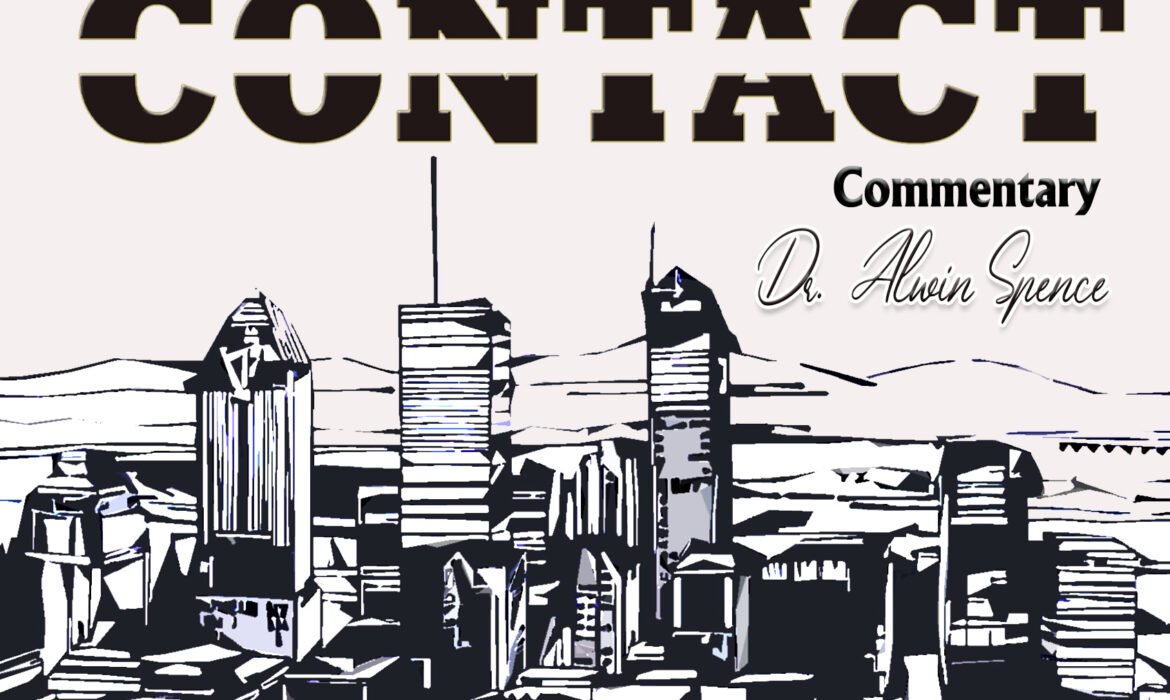As I write, I feel bothered, bullied, brow-beatened, badgered and broken, and unable to fight back. These forces are not internal, but they seem inescapable. They are coming from the media, whether it be the radio, television, e-mail and other forms of communication.
I am being deluged with unwanted and unpleasant news. Isolation is not the answer, as curiosity does not go to sleep.
Over the last few months, Canada has been under attacks and threats from its once friendly and powerful neighbour to the South. Your best friend passes you on the street without a kind salutation. So what must you think? What have you done to this neighbour? Nothing!
This neighbour has just selfishly decided that his country, the United States, is going to be richer than all other countries in this big, wide world, and to achieve this, long-standing friendships irrespective of any hurt must not get in the way. Canada, then, will be badly hurt, because to satisfy this selfish climb, it will just be another step on the ladder.
WHAT ARE THESE TARIFFS?
Tariffs are taxes levied on imported goods. They can be a percentage of the value of the imported goods, or they can be a fixed amount per unit. Why are these taxes imposed? Simply put, to protect domestic producers, reduce unemployment and limit the importation
of cheaper goods produced elsewhere. Domestic consumers are also protected as the tariff may be very high on dangerous and harmful material.
When we look at the reasons for the imposition of tariffs, there is no mention of enriching a country at the expense of another. For the U.S. to use tariffs to enrich itself, it must find a pretext, a trumped-up rationale for the straight face replacing the smile. Yes, a scapegoat was found, the overblown danger of Canada’s illegal export of the dangerous drug fentanyl into the U.S. So it should be seen that the unfair increase in tariffs on Canada is a retaliatory response to fentanyl exports. All overblown. The evidence is weak. Demand and supply must be dealt with simultaneously as one does not exist without the other. What other country is complaining about unfair tariffs? Only the U.S. Industrialized countries are often better off than countries that produce the raw material. During colonial days, sugar cane was grown in the colonies; it is not easy to cultivate sugar cane, it is an annual affair and hard work. The raw sugar was shipped to Britain in British ships, where it was refined and sold back to the colonies. In all of this, Britain set the prices for all transactions. Who profited more from the sugar industry? You be the judge. The demand for higher tariffs at the expense of all other countries is a blatant abuse of power.
FLUENTLY BILINGUAL
I came to Quebec as an adult, and after two university French courses and no follow-up practice, I am still not able to speak the language. Yes, I take the blame. Was that disrespect to the French-speaking population? No, as I have made up for this in many other ways. Our present prime minister is not very comfortable in French, and I would hope that it is not being held against him. He comes with other qualifications that will make him a good PM. However, some talk show hosts spend too much time dwelling on the negative.
Will Canada win or lose after what President Donald Trump has deemed U.S. Liberation Day, April 2, 2025? Brace yourselves, but take heart, it was Albert Einstein who once said, “In the middle of difficulty lies opportunity.”
The president says, “The U.S. first.” The Conservative leader says, “Canada first.” Black Americans and Black Canadians must begin to think, where are we in the U.S. first and the Canada first? Black people must not be left behind. We have been catching up too long. So as a people, we must also become part of any positive change, moving forward and upward. By the way, I studied in the U.S., and even though I was offered positions there after graduation, I took the one nearest to Canada, at the University of Vermont. It was not long before a job opportunity in Canada opened a way for me to cross the border, back to my choice of a new homeland. Any regrets? Absolutely none. Higher tariffs may be frightening, but they can also nudge Canada out of its complacency into a challenging reality.















